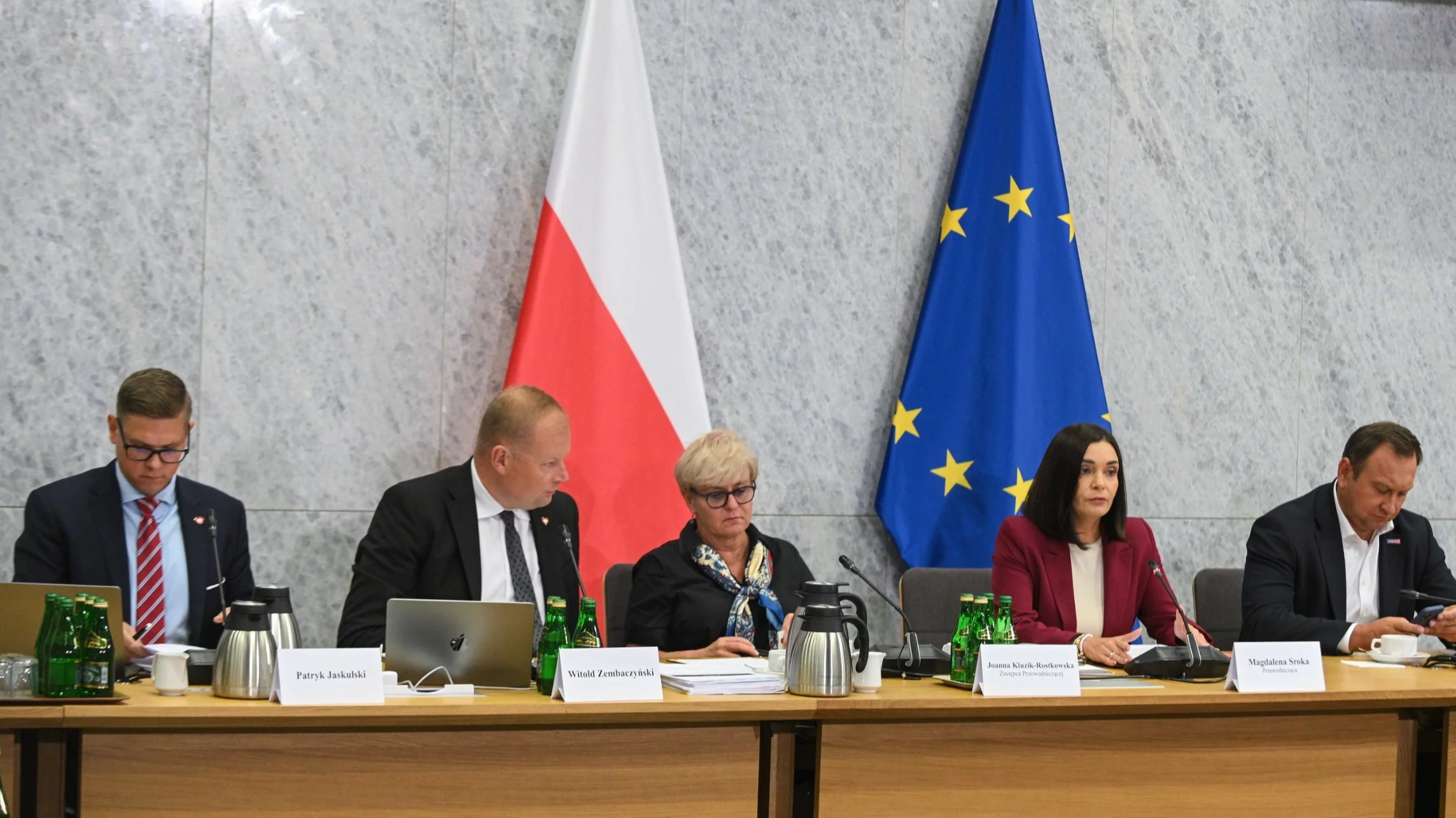Asylum applications in the UK have reached a record high of 110,051 in the year to September 2025, even as overall net migration plummeted to its lowest level since 2021. The contradictory trends highlight the changing composition of migration to Britain and intensify pressure on the government's asylum system.
The Home Office and Office for National Statistics released the figures Thursday, showing net migration fell 69% year-on-year to 204,000 – down from 649,000 the previous year. Yet asylum claims rose 13% over the same period, surpassing the previous peak of 103,000 recorded in 2002.
Hotels Backlog Persists
The number of asylum seekers the government houses temporarily in hotels also climbed 13% in three months to 36,273 by September's end, despite government pledges to end the practice. This marks an increase from 32,041 in June, though it remains well below the peak of over 56,000 in September 2023.
Home Secretary Shabana Mahmood responded to the figures by announcing sweeping asylum reforms last week, requiring refugees to face status reviews every 30 months. The wait for permanent settlement would extend from five years to up to 20 years under the proposed changes.
"Net migration is at its lowest level in half a decade and has fallen by more than two-thirds under this Government," Mahmood said. "But we are going further because the pace and scale of migration have placed immense pressure on local communities."
Political Battle Over Control
Shadow Home Secretary Chris Philp dismissed the government's claims of regaining control, calling the asylum system in "freefall under a Labour government that is too weak to get a grip." He argued the fall in net migration stems from Conservative reforms on work visas and students implemented before Labour took office.
"Britain cannot keep importing pressure on public services and expect the British people to absorb the cost," Philp said. He pledged a future Conservative government would introduce binding annual immigration caps and leave the European Convention on Human Rights.
Appeals Backlog Grows
While the government reduced the initial decision backlog by 39% to 80,841, the number of people waiting over 12 months for decisions halved from 48,131 to 24,856.
Experts warn of mounting pressure elsewhere in the system. Peter Walsh, senior researcher at Oxford University's Migration Observatory, noted the challenge: "While the Government has managed to reduce the main asylum backlog significantly, today's data show just how hard it is to relieve pressure on the asylum system when applications remain high, and the appeals backlog continues to grow."
The data reveals asylum seekers now constitute 44% of net migration to Britain – double the pre-Brexit figure of 22% in 2019. This shift occurs as other migration categories decline sharply, with skilled worker visas down 46% and health and care visas plummeting 89% from their peak.
Returns and Enforcement
The government reported progress on removals, with 9,400 enforced returns in the year to September – a 22% increase. Under a new pilot scheme with France, 153 small boat arrivals were detained and deported, while 134 people arrived via the scheme's safe route.
Border Security Minister Alex Norris highlighted a case where biometric detection caught a deported individual who re-entered by small boat on November 8. "In this case the system worked and this individual was detected by biometrics and detained instantly. He has now been removed again, having wasted his time and money," Norris said.
Public Perception Gap
Despite net migration falling by three-quarters from its 2023 peak of 944,000, public perception lags reality. A survey by Ipsos and British Future found 56% of voters believe migration is still rising.
Sunder Katwala, director of British Future, urged the debate to catch up with reality: "Falling immigration has been the best-kept secret in British politics for too long. [...] Net migration has now dropped by two-thirds in the last year."
Mary Gregory, ONS executive director for population and census, attributed the fall to "[...] fewer people from outside the EU arriving for work and study-related reasons, with a steep decline in the number of dependants and a continued, gradual increase in levels of emigration."
The government faces continued local opposition to its plans to house asylum seekers in military sites, with hundreds protesting at Crowborough Training Camp in East Sussex, set to house 540 men.
Note: This article was created with Artificial Intelligence (AI).









